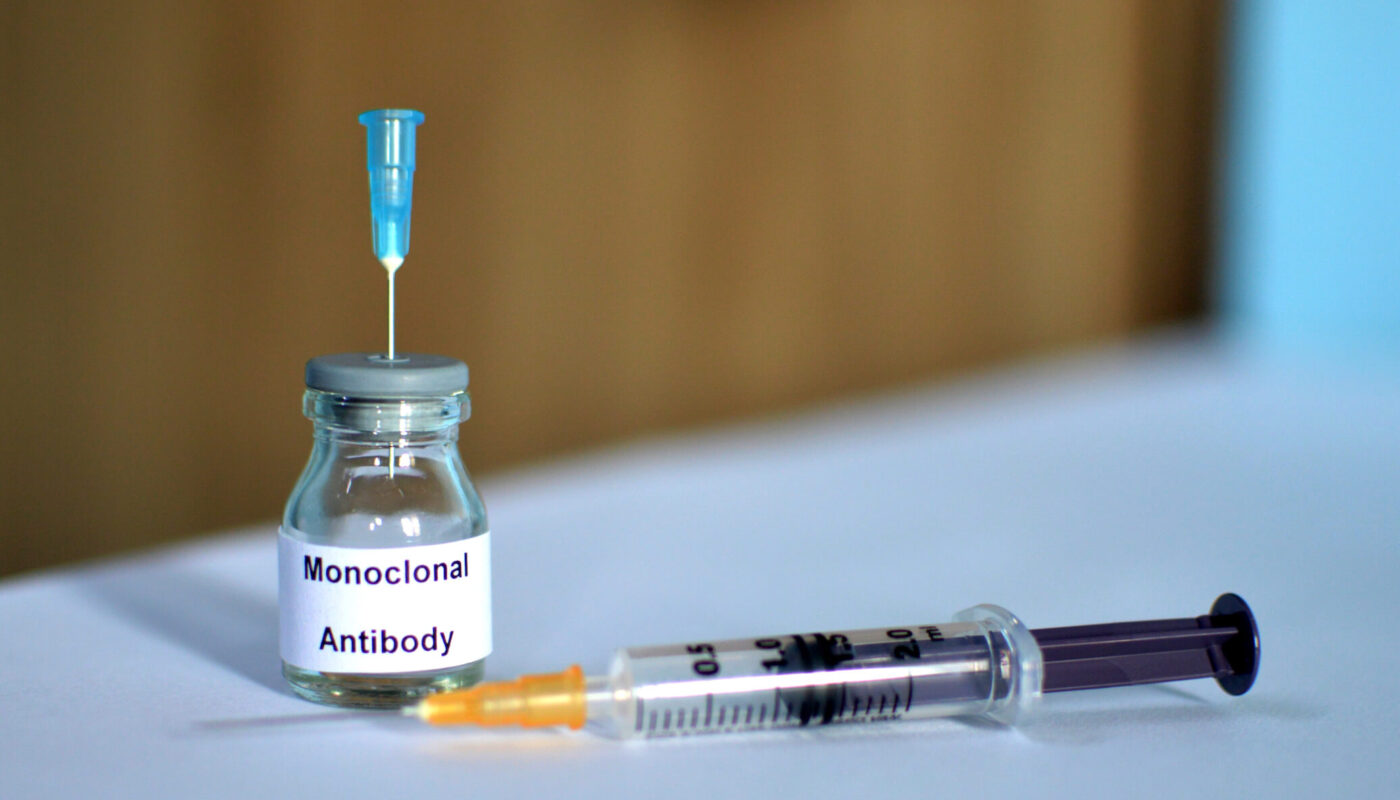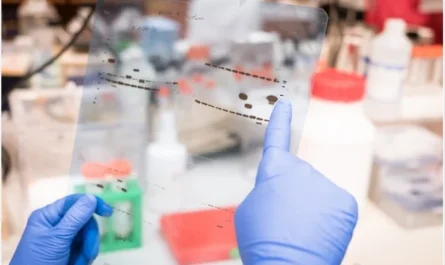Scientists at the John Hopkins University have announced an important breakthrough in cancer prevention with the development of a single vaccine targeted against the Epstein-Barr virus (EBV). The vaccine, termed as the Monovaccine, could potentially prevent several types of cancers caused due to EBV infection.
About EBV and associated cancers
EBV is a human herpes virus that establishes a lifelong persistent infection in over 90% of adults worldwide. While EBV usually remains asymptomatic, it is known to cause infectious mononucleosis or ‘glandular fever’ in teenagers and young adults. Additionally, EBV has been conclusively linked to the development of cancers like Burkitt’s lymphoma, nasopharyngeal cancer, gastric cancer and certain types of Hodgkin’s lymphoma.
EBV infects and hides in B lymphocytes – a type of white blood cells of our immune system. Clinical studies show that EBV establishes a lifelong latent infection in these B cells which can periodically get reactivated. It is believed that the reactivation of EBV plays a key role in its oncogenic potential by driving the proliferation of infected B cells, thereby raising chances of mutations and cancer formation over time.
Development of the Monovaccine
The Monovaccine developed by the John Hopkins team targets a key protein, termed as Epstein-Barr nuclear antigen 1 (EBNA1), expressed by EBV during latent infection of B cells. EBNA1 helps EBV evade detection by host immune system and ensures the survival and replication of the virus.
The vaccine contains genetic sequences that code for specific parts of EBNA1 protein. When administered, it prompts the immune system to produce antibodies targeted against EBNA1. This in turn helps immune cells recognize and eliminate EBV infected B cells, thereby preventing reactivation of the virus and lowering cancer risk.
Preclinical studies conducted on animal models have shown the vaccine to be highly effective in reducing EBV viral loads and preventing formation of EBV associated tumors. The research team believes a single dose of the vaccine, when given to adolescents or young adults, could stop EBV from establishing a persistent life-long infection. This is expected to tremendously reduce global burden of EBV driven cancers.
Potential of the Monovaccine
If clinical trials prove successful, the Monovaccine could become the first ever preventive vaccine for multiple cancers caused by a single virus. EBV linked cancers account for over 180,000 new cancer cases annually worldwide. A vaccine that prevents EBV infection offers the significant prospect of reducing global cancer incidence rates.
The research team is hopeful that the vaccine, when given to populations at high risk for cancers like nasopharyngeal cancer and gastric cancer, could prove very effective in cancer prone geographical regions. For example, nasopharyngeal cancer rates are 50-fold higher in Southern Chinese compared to Caucasian population and EBV plays a major role in its development. The Monovaccine can significantly lower disease burden in such high risk areas.
Additionally, vaccination of adolescents prior to sexual debut could help curb spread of EBV to partners and lower risks of IM and EBV associated cancers in future generations as well. Researchers believe a single vaccination may confer lifelong protection against EBV, unlike vaccines for other viruses that require periodic booster doses.
Challenges and the future
While results so far are highly encouraging, the Monovaccine will need to undergo rigorous clinical efficacy and safety testing before it can be approved for public use. Careful monitoring will be required as EBV establishes latent infection in over 90% of populations and vaccination may cause transient reactivation of the virus in some individuals.
Researchers plan to initiate Phase 1 clinical trials next year to evaluate safety and ability to trigger immune response in humans. Based on results, large multi-centric Phase 2 and 3 trials will evaluate efficacy in preventing EBV infection and linked cancers. Successful clinical validation can see the Monovaccine launch within the next 5-7 years, offering a huge stride in reducing global cancer burden.




